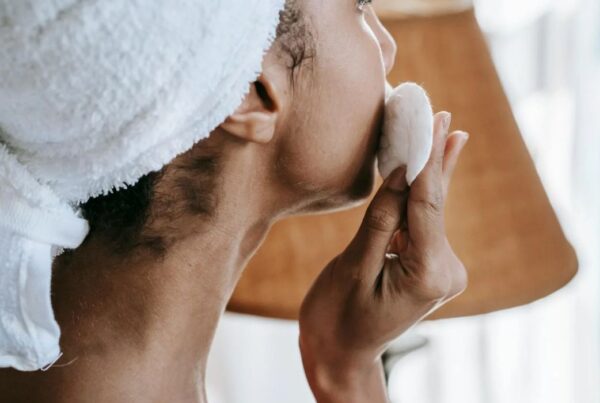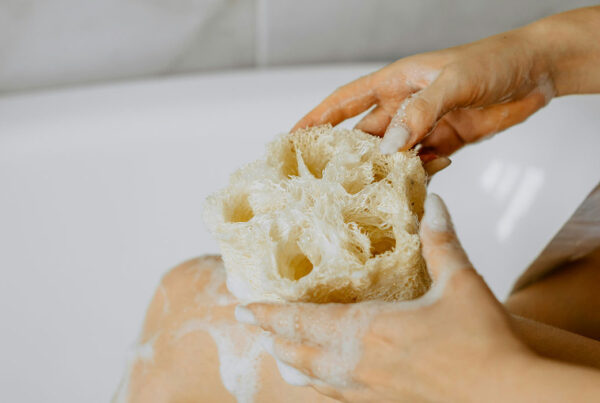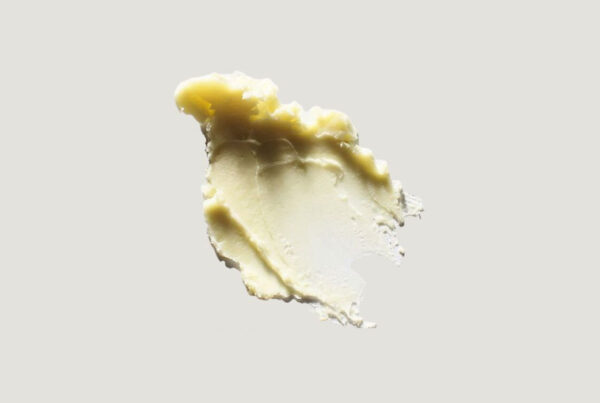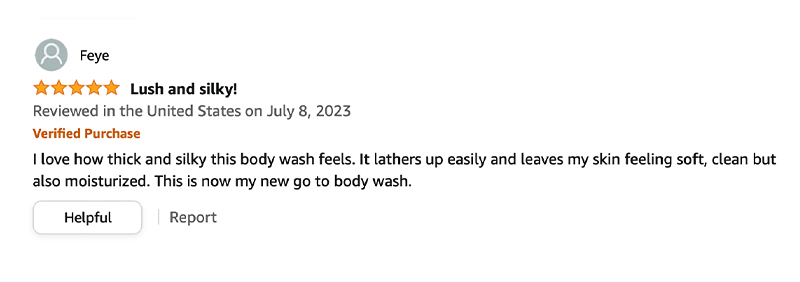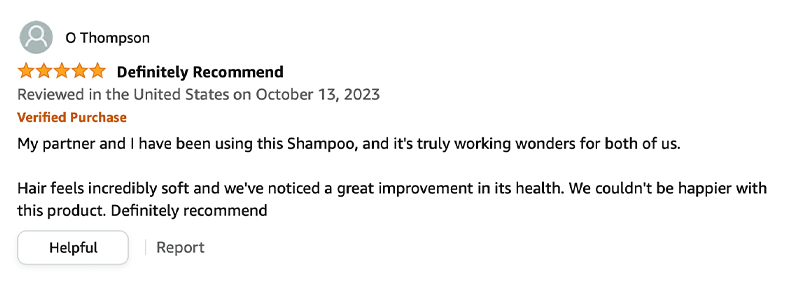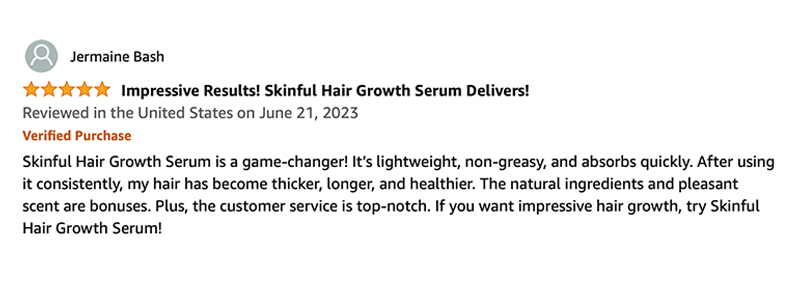Sensitive skin can be tricky to manage. With so many sensitive skincare products and recommendations out there, it’s easy to fall for myths that can make things worse. Let’s bust some common skincare myths and clear up what you should actually be doing to take care of sensitive skin.
Myth #1: The More You Cleanse, the Better
It’s easy to believe that cleansing your skin frequently will keep it free of dirt and impurities. After all, isn’t squeaky-clean skin healthy skin? Not quite! Over-cleansing strips the skin of its natural oils and can lead to irritation, dryness, and even breakouts. Sensitive skincare, in particular, needs a delicate balance between cleanliness and moisture retention.
What You Should Do:
Cleansing twice a day is more than enough for sensitive skin. Use a gentle, sulfate-free cleanser that doesn’t foam excessively. These are typically less drying and harsh. And avoid scrubbing your skin too hard — a soft, circular motion will do the trick without causing irritation.
Look for ingredients like glycerin or hyaluronic acid in your cleanser, which help retain moisture and are gentle on sensitive skin.
Myth #2: All Natural Products Are Better for Sensitive Skin
Many people assume that “natural” or “organic” products are inherently better and safer, especially for sensitive skin. However, just because something is natural doesn’t mean it won’t cause irritation. For instance, essential oils or botanical extracts like lavender or citrus can trigger reactions in sensitive skin.
What You Should Do:
When shopping for sensitive skincare products, focus on products formulated specifically for sensitive skin. This often means looking for hypoallergenic labels or products that have undergone dermatological testing. And while “natural” ingredients can be beneficial, always patch test new products, natural or not, to avoid potential reactions. Prioritize ingredients like ceramides, colloidal oatmeal, and aloe vera — these are known to soothe and protect sensitive skin.

Myth #3: Exfoliating Is Too Harsh for Sensitive Skin
Exfoliating gets a bad reputation for those with sensitive skin, often believed to cause more harm than good. While it’s true that aggressive physical exfoliation can cause micro-tears and irritation, gentle exfoliation is actually important to remove dead skin cells and allow your skin to absorb moisture more effectively.
What You Should Do:
The key is to use the right type of exfoliant. Skip the harsh scrubs and opt for a mild chemical exfoliant containing lactic acid or polyhydroxy acids (PHAs), which are gentler alternatives to traditional AHAs and BHAs. These ingredients help to dissolve dead skin cells without the abrasive action of scrubs. Aim to exfoliate just once a week to maintain smooth skin without overdoing it.
Myth #4: Fragrance-Free Means Free from Irritation
It’s a common belief that “fragrance-free” products are always the safest for sensitive skincare. However, even fragrance-free products can contain other ingredients like preservatives or alcohol that may irritate your skin. And some products may still have masking fragrances, which are chemicals used to neutralize other odors but can still provoke reactions.
What You Should Do:
Instead of only focusing on fragrance-free labels, look for products labeled as “sensitive-skin friendly” or “dermatologist-tested.” Be wary of products with long ingredient lists or those that contain alcohol, especially denatured alcohol, which can be drying. When in doubt, simpler is often better for sensitive skin.
Myth #5: Oily Skin Doesn’t Need Moisturizer
Many people with sensitive skin that tends to be oily shy away from moisturizing. They believe adding more moisture will only make their skin oilier or lead to breakouts. However, skipping moisturizer can actually make your skin overproduce oil in an attempt to compensate for the lack of hydration, leading to more oiliness and possible acne flare-ups.
What You Should Do:
Moisturizing is essential, even for oily and sensitive skincare. The trick is to use a lightweight, oil-free, or gel-based moisturizer that hydrates without clogging pores. Look for ingredients like niacinamide, which regulates oil production, or hyaluronic acid, which provides hydration without heaviness. A well-moisturized face will have a healthy glow, and your skin will be less likely to overproduce oil.
Myth #6: Hot Water Is Best for Cleansing
Who doesn’t love a hot shower, right? But for sensitive skin, hot water is a big no-no. Hot water strips the skin of its natural oils and can cause redness, inflammation, and irritation. It also disrupts the skin’s natural barrier, making it more susceptible to external irritants.
What You Should Do:
Stick to lukewarm water for cleansing your face or bathing. This temperature is ideal for keeping the skin’s barrier intact while effectively cleansing away dirt and oils. After washing, gently pat your skin dry with a soft towel — never rub, as it can cause irritation. Then, apply a gentle moisturizer immediately to lock in hydration.
Myth #7: More Products = Better Results
With so many trendy products and ingredients being hailed as “must-haves,” it’s easy to think that adding more products will solve all your skin issues. But for sensitive skin, too many products can be overwhelming and lead to irritation, redness, or breakouts.
What You Should Do:
Less is more when it comes to sensitive skincare. Stick to a simple routine: a gentle cleanser, a moisturizer, and sunscreen during the day. Introduce new products slowly and one at a time so you can monitor how your skin reacts. Be especially cautious when adding active ingredients like retinol or acids, and always patch test before fully incorporating them into your routine.
Conclusion
Navigating for sensitive skincare can feel overwhelming with all the myths out there, but the truth is often simpler than it seems. Focus on gentle, fragrance-free products, avoid over-cleansing and exfoliating, and keep your routine minimal yet effective. Your skin will thank you! Remember, sensitive skin thrives with care, consistency, and a little bit of TLC.


